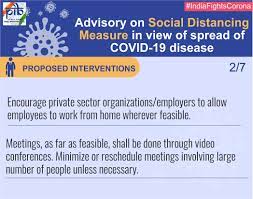A new study highlights the health risks of persistent short sleep during pregnancy and the years following childbirth, revealing a link between inadequate sleep and an increased likelihood of developing metabolic syndrome. Published online on December 26 in JAMA Network Open, the research underscores the need for targeted interventions to address sleep health during and after pregnancy.
Led by Minjee Kim, M.D., from the Feinberg School of Medicine at Northwestern University in Chicago, the study analyzed data from the Nulliparous Pregnancy Outcomes Study: Monitoring Mothers-to-Be Heart Health Study. This secondary analysis aimed to explore the impact of short sleep duration on hypertension and metabolic syndrome over several years. Participants were first recruited during their pregnancies between October 2010 and September 2013, and followed for an average of 3.1 years post-delivery.
The researchers defined persistent short sleep as self-reported sleep durations of less than seven hours during pregnancy and continuing for two to seven years after childbirth. Of the 3,922 participants included in the study, 14.4% reported experiencing persistent short sleep.
Key findings from the study revealed that non-Hispanic Black and unmarried women were more likely to experience persistent short sleep, with adjusted odds ratios (OR) of 2.17 and 1.68, respectively. This suggests a heightened vulnerability among these groups. Furthermore, women who had persistent short sleep were found to have a higher risk of developing metabolic syndrome, with an OR of 1.60, although no significant increase in hypertension was observed.
The researchers emphasized the importance of addressing sleep health disparities and improving sleep among vulnerable populations to mitigate long-term health risks. “These findings highlight the need for targeted interventions aimed at improving sleep health among populations at increased risk to mitigate adverse health outcomes and promote health equity,” they wrote.
This research calls for more comprehensive efforts to ensure that women, particularly those at higher risk, receive the support they need to maintain healthy sleep patterns during and after pregnancy.
For more information, the study is published in JAMA Network Open (DOI: 10.1001/jamanetworkopen.2024.52204).
Minjee Kim et al, “Persistent Short Sleep Duration From Pregnancy to 2 to 7 Years After Delivery and Metabolic Health,” JAMA Network Open (2024).
Disclosure: One author disclosed receiving grants from Genentech.












